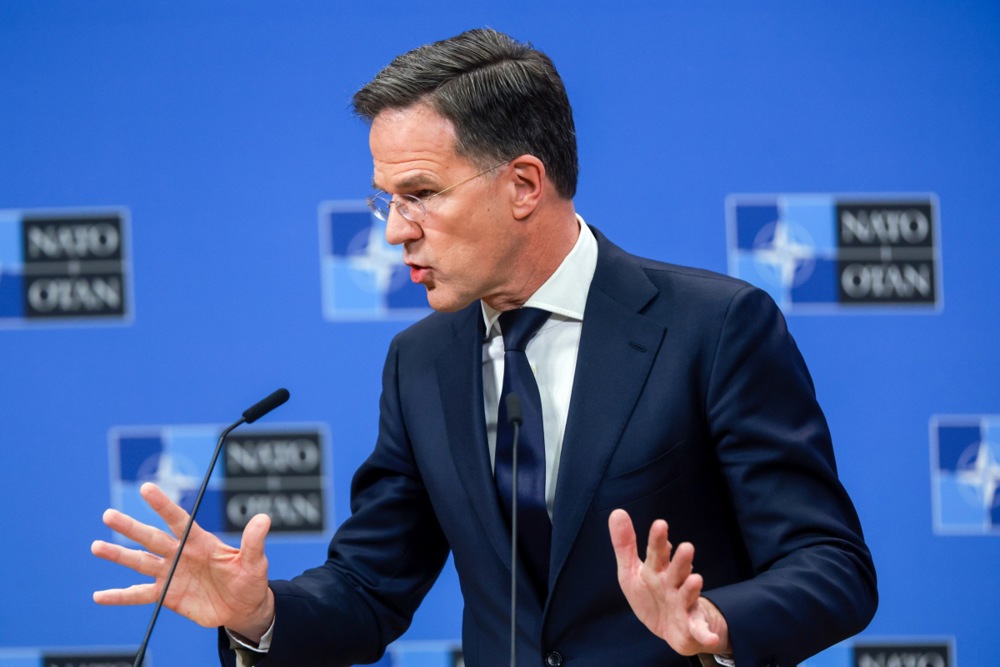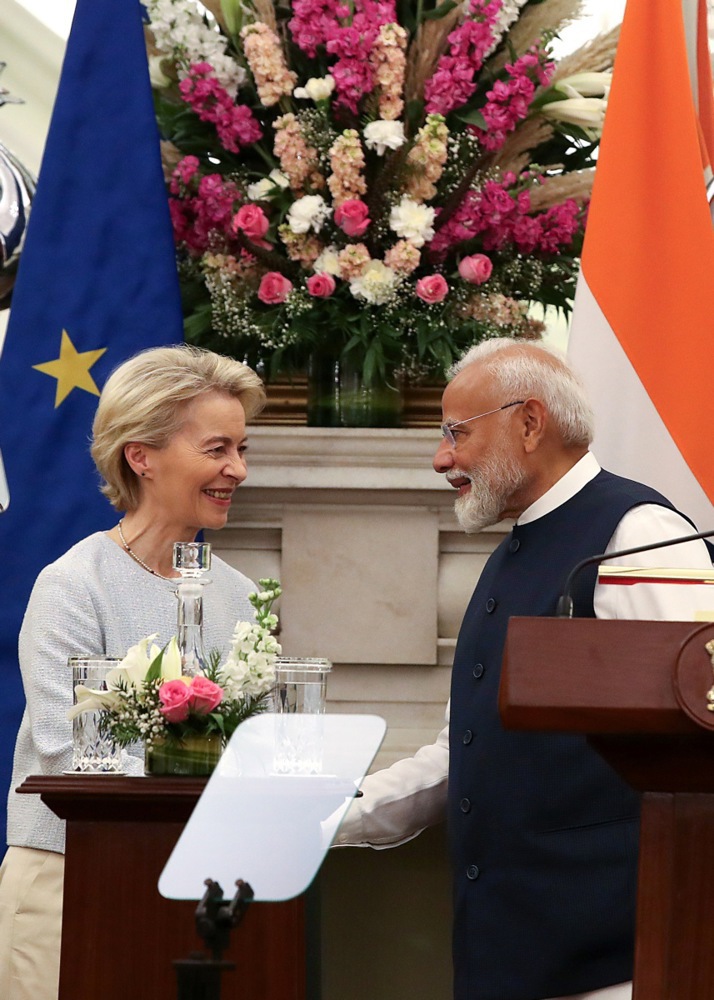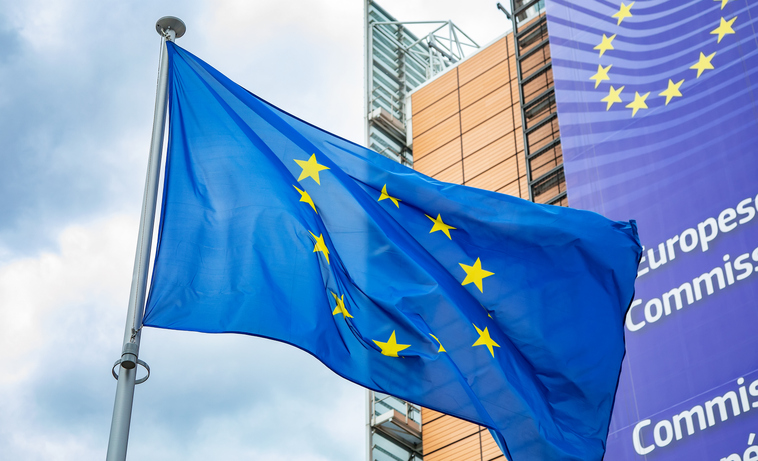The European Commission says it is prepared to defend the fines imposed on Apple and Facebook owner Meta.
On April 23, the EC announced it would fine Apple and Meta with €500 million and €200 million, respectively.
If the firms launched a legal challenge, an EC spokesman said: “We will defend our case in court if we get there … we are ready to fight in court and to win.”
Apple responded in a statement: “Today’s announcements are yet another example of the European Commission unfairly targeting Apple in a series of decisions that are bad for the privacy and security of our users, bad for products, and force us to give away our technology for free.”
Meta told Reuters via email: “This isn’t just about a fine; the Commission forcing us to change our business model, effectively imposing a multi-billion-dollar tariff on Meta while requiring us to offer an inferior service.”
The fines were the first imposed by the EC under the European Union’s Digital Markets Act (DMA), legislation aimed at curbing the power of Big Tech.
The decision came after a year-long investigation by the EU executive into whether the companies complied with the DMA and “to what extent and for how long they breach it”, said the EC spokesman.
Under the new Commissioner for Tech Sovereignty, Security and Democracy Henna Virkkunen, the amount of the fines, the number charges and thus of investigations, has been trimmed down.
That followed “constructive dialogue with Apple”, the EC spokesman said.
In the same statement, the body announced the closing of a separate investigation into Apple’s browser options on iPhones “thanks to the changes made” by the company that allowed users to switch to a competitor more easily.
Apple was still charged with breaching DMA rules “due to a number of restrictions … the company has failed to demonstrate … are objectively necessary and proportionate”, the EC said.
Meta was fined on grounds of its ” binary ‘Consent or Pay’ advertising model … as it does not allow users to exercise their right to freely consent to the combination of their personal data”, the body said.
“They have 60 days to put an end to these breaches, otherwise they could potentially face periodic penalty payments,” said the spokesman.
“For now, we are engaging and encouraging the companies to engage with us,” he added.
The spokesman also stressed that the fines were meant to protect European consumers, but lobbyists have expressed different concerns.
The privacy advocacy NGO Noyb said: “The Commission said in its press release that it had only reviewed the time period between March 2024 and November 2024.”
After that, Meta had moved to a system with a “pay”, a “consent” and a “less ads” option, that did not address concerns, it added.
“Meta’s ‘less ads’ option is just a smokescreen,” said Noyb chairman Max Schrems.
“It has massive usability limitations – nothing any user seriously wants. Meta has simply created a ‘fake choice’, pretending that it would overcome the illegal ‘pay or okay’ approach.”
The Computer & Communications Industry Association (CCIA) wrote: “The DMA’s credibility is being weakened by its unpredictable enforcement and shifting demands, combined with sweeping product-design mandates from the European Commission that disrupt the user experience and limit EU businesses’ ability to reach consumers.”
The DMA is one of the non-tariffs barriers that US President Donald Trump said triggered the his worldwide wave of retaliatory tariffs announced on April 2. That was several weeks after the EC said it would prioritise its anti-trust legislation despite the tariff threats and just a few days after it started watering down the announced fines.
The EC has continued to insist “DMA decisions have nothing to do with trade negotiations”.
“This is not about courage, this is about a regulation that we had and that we are enforcing … when it was ready, we enforced it”, said the EC Deputy Chief spokesperson Arianna Podestà.





